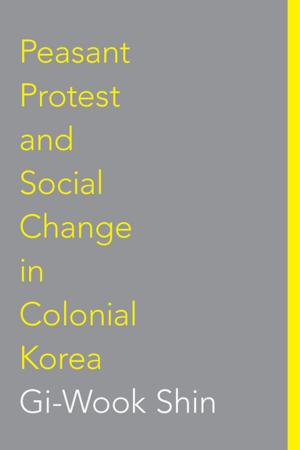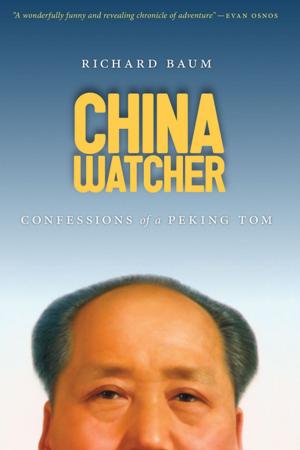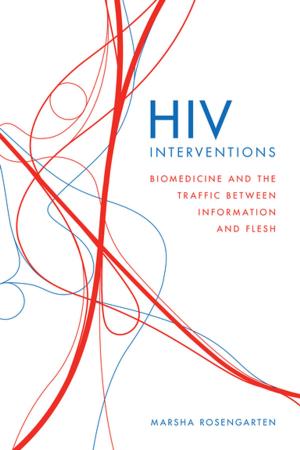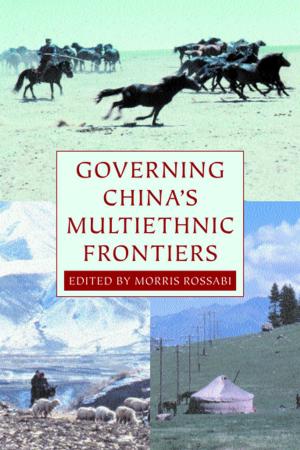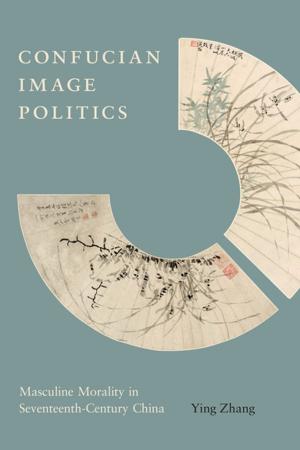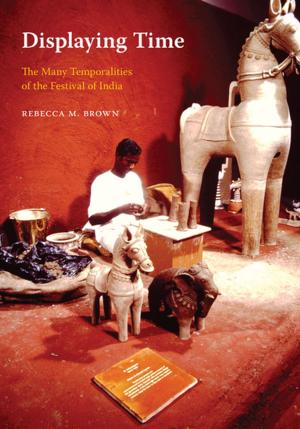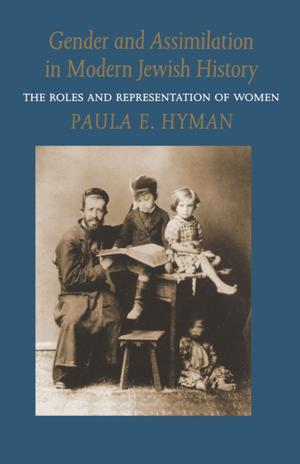Family Revolution
Marital Strife in Contemporary Chinese Literature and Visual Culture
Fiction & Literature, Literary Theory & Criticism, Asian, Far Eastern, Nonfiction, Social & Cultural Studies, Social Science, Cultural Studies, Minority Studies| Author: | Hui Faye Xiao | ISBN: | 9780295804989 |
| Publisher: | University of Washington Press | Publication: | March 2, 2014 |
| Imprint: | University of Washington Press | Language: | English |
| Author: | Hui Faye Xiao |
| ISBN: | 9780295804989 |
| Publisher: | University of Washington Press |
| Publication: | March 2, 2014 |
| Imprint: | University of Washington Press |
| Language: | English |
As state control of private life in China has loosened since 1980, citizens have experienced an unprecedented family revolution—an overhaul of family structure, marital practices, and gender relationships. While the nuclear family has become a privileged realm of romance and individualism symbolizing the post-revolutionary “freedoms” of economic and affective autonomy, women’s roles in particular have been transformed, with the ideal “iron girl” of socialism replaced by the feminine, family-oriented “good wife and wise mother.”
Problems and contradictions in this new domestic culture have been exposed by China's soaring divorce rate. Reading popular “divorce narratives” in fiction, film, and TV drama, Hui Faye Xiao shows that the representation of marital discord has become a cultural battleground for competing ideologies within post-revolutionary China. While these narratives present women’s cultivation of wifely and maternal qualities as the cure for family disintegration and social unrest, Xiao shows that they in fact reflect a problematic resurgence of traditional gender roles and a powerful mode of control over supposedly autonomous private life.
As state control of private life in China has loosened since 1980, citizens have experienced an unprecedented family revolution—an overhaul of family structure, marital practices, and gender relationships. While the nuclear family has become a privileged realm of romance and individualism symbolizing the post-revolutionary “freedoms” of economic and affective autonomy, women’s roles in particular have been transformed, with the ideal “iron girl” of socialism replaced by the feminine, family-oriented “good wife and wise mother.”
Problems and contradictions in this new domestic culture have been exposed by China's soaring divorce rate. Reading popular “divorce narratives” in fiction, film, and TV drama, Hui Faye Xiao shows that the representation of marital discord has become a cultural battleground for competing ideologies within post-revolutionary China. While these narratives present women’s cultivation of wifely and maternal qualities as the cure for family disintegration and social unrest, Xiao shows that they in fact reflect a problematic resurgence of traditional gender roles and a powerful mode of control over supposedly autonomous private life.

